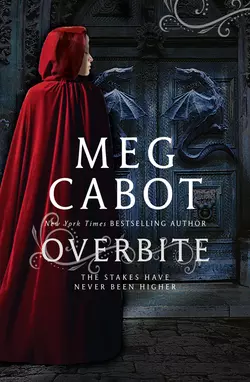Overbite

Мэг Кэбот
Тип: электронная книга
Жанр: Эзотерика, оккультизм
Язык: на английском языке
Стоимость: 308.29 ₽
Статус: В продаже
Издательство: HarperCollins
Дата публикации: 16.04.2024
Отзывы: Пока нет Добавить отзыв
О книге: The sequel to Meg Cabot’s bestselling paranormal romance with bite – InsatiableMeena Harper has bitten off more than she can chew . . .Meena has a special gift, but only now does anyone appreciate it. Her ability to predict how everyone she meets will die has impressed the Palatine Guard—a powerful secret demon-hunting unit of the Vatican—and they’ve hired her to work at their new branch in Lower Manhattan. Sure, Meena’s ex-boyfriend was Lucien Antonescu, son of Dracula. But that was before he (and their relationship) went up in flames, and now she’s sworn off vampires for good—even though she firmly believes that just because they’ve lost their souls, it doesn’t mean they can’t love.Convincing her new partner, Über-demon-hunter Alaric Wulf, that vampires can be redeemed won’t be easy . . . especially when a deadly new threat arises, endangering not only the Palatine, but Meena’s friends and family as well. As she unravels the truth, Meena will find her loyalties tested, her true feelings laid bare . . . and temptations she never even imagined before nearly impossible to resist.